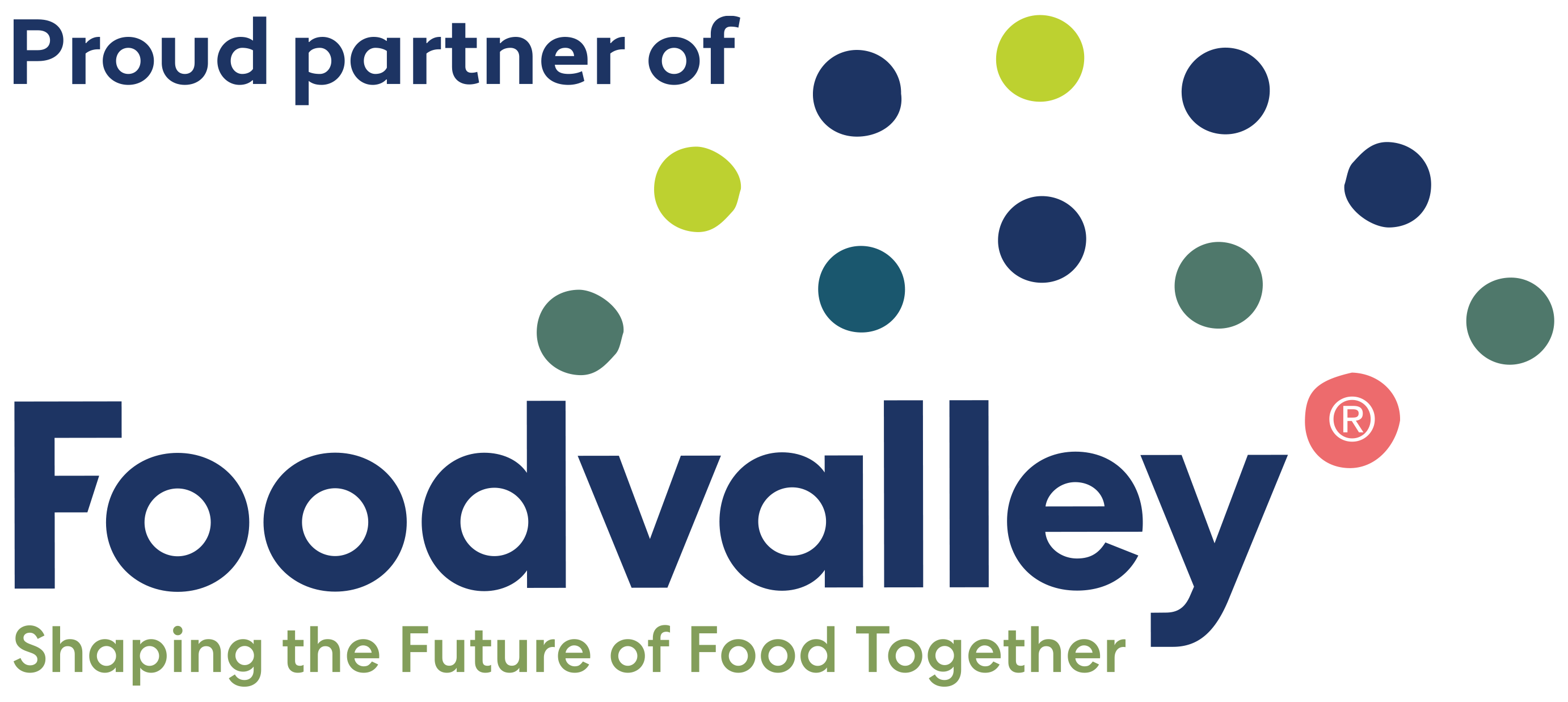
Driving Innovation Through Swiss-Polish Collaboration
The Swiss-Polish Cooperation Programme aims to enhance scientific potential and foster innovation in Polish research institutions, universities, and businesses. A special focus is placed on small and medium-sized enterprises (SMEs) as key drivers of innovation and new job creation. The programme facilitates collaboration between Polish and Swiss partners, as well as other international stakeholders, to advance research and innovation.
Through this cooperation, Switzerland provides essential funding to support cutting-edge projects that contribute to sustainable economic growth, knowledge transfer, and the development of globally competitive solutions.
The BreadBiotic Project: Transforming Surplus Bread into Functional Beverages
Programme Name: Research and Innovation Programme, Applied Research
Open Call: SPPW CALL 2024
Project Title: Development of Innovative Probiotic and Postbiotic Beverage Formulations from Surplus Bread within a Circular Economy Framework
Acronym: BreadBiotic
Project Duration: 01.07.2025 – 30.04.2028
Requested Funding: 3,252,009.14 PLN
Total Eligible Costs: 3,831,526.52 PLN

Project Overview
The BreadBiotic project is a pioneering initiative led by a consortium of Rebread Alcohol & Beverages (Poland) and the Laboratory of Food Systems Biotechnology (FSB) at ETH Zurich (Switzerland). Its primary goal is to create non-dairy beverages with probiotic and postbiotic properties by using surplus bakery products as a unique fermentation substrate. This approach embodies the principles of a circular economy, addressing the issue of food waste while promoting sustainable food production.
By transforming discarded bread into health-promoting beverages, the project combines expertise in microbiology, food technology, biotechnology and sustainable production. The final outcome will be market-ready beverages that provide proven health benefits and positive environmental impact.
BreadBiotic Objectives
The primary objective of this project is to develop a non-dairy beverage formula with probiotic and postbiotic characteristics using surplus bread as a substrate and selected probiotic microbial strains as actors.
Specific objectives include:
- Selection of probiotic strains capable of growing on bread substrate, with the highest yield of biomass yield and health-promoting properties.
- Assess the effects of live probiotics and pasteurised postbiotics on healthy and dysbiotic gut microbiota, focusing on their potential to mitigate gut inflammation.
- Creating the final recipe for a beverage with attractive sensory and health-promoting properties (probiotic and postbiotic), maintaining stability throughout its shelf life.
- Validate production feasibility through pilot-scale brewing, ensuring scalability and commercial viability.
BreadBiotic’s Positive Impact on SDGs
The BreadBiotic project supports several United Nations Sustainable Development Goals:
SDG 2 (Zero Hunger): Surplus bread is transformed into nutritional products, improving food security and nutrition, especially in areas with limited access to probiotics or nutritious food.
SDG 3 (Good Health and Well-Being): Producing beverages from surplus bread increases the availability of probiotics that are beneficial to gut health. Probiotics help prevent and mitigate gastrointestinal diseases, improving overall health.
SDG 5 (Gender Equality): The project is led by a woman, with 60% female representation in the core team.
SDG 9 (Industry, Innovation, and Infrastructure): Introducing innovative biotechnology methods for food processing, supporting the advancement of sustainable industrial practices.
SDG 12 (Responsible Consumption and Production): Using surplus bread, which would otherwise be discarded, ensures sustainable consumption and production patterns. This promotes efficient resource use by upcycling food waste into valuable products, contributing to a circular economy.
SDG 13 (Climate Action): Reduces methane emissions by preventing bread from ending up in landfills.
SDG 15 (Life on Land): Minimising agricultural land use by lowering demand for new raw materials.
SDG 17 (Partnerships for the Goals): Implementing this project requires collaboration among food manufacturers, biotech firms, and research institutions, driving progress towards achieving the SDGs.

How to Get Involved in Swiss-Polish Cooperation
Researchers, companies, and other stakeholders interested in participating in future Swiss-Polish initiatives can apply for funding through ongoing and upcoming calls for proposals.
- Open calls for proposals: Apply here
- Programme information: Swiss-Polish Cooperation Website
- Any suspicion of mismanagement of funds can be reported securely at: Report irregularities
- For more information about the BreadBiotic project, please contact our Principal Investigator: aga(at)rebread.com
Rebread and ETH Zurich Build a More Sustainable Food System
The Swiss-Polish Cooperation Programme demonstrates the transformative power of international collaboration by advancing research and innovation while promoting sustainable practices. The collaboration between Rebread and ETH Zurich has the potential to foster interdisciplinary innovation and long-term partnerships for more sustainable food production system. The successful outcomes of the BreadBiotic project will also enable further cooperation in the field of functional foods and beverages.






